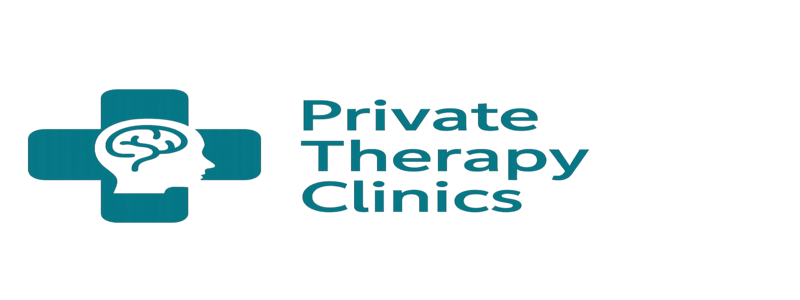Instead of a gasp, Betty Draper’s dress landed with a dull thud the first time she was unable to zip it. No cue from the music. Soft lighting is absent. Children are watching, perplexed and a little ashamed for her, as the fabric refuses to cooperate. By that time, viewers believed they were more familiar with Betty’s body than she was. For years, they had cataloged it and used it as a shorthand for elegance, repression, and discipline. The response was quick and oddly intimate when it changed. CategoryDetailsBioBetty Draper (later Betty Francis), fictional characterBackgroundFormer model, suburban housewife, educated, emotionally…
Author: Michael Martinez
As soon as the news broke, the question began to circulate. Was Anthony Geary ill? It was asked with sincere concern and occasionally with the uneasy curiosity that follows the passing of a public figure who had mostly withdrawn, and it was typed into search bars and whispered on message boards. At the age of 78, Geary passed away in Amsterdam in December 2025. The reason was complications from surgery that had been done three days prior. That much was verified, reaffirmed, and confirmed. Everything else lingered. CategoryDetailsBioAnthony Geary (born Tony Dean Geary), American actorBackgroundRaised in Utah, trained in theater,…
Before Fallon Sherrock invited it in, her weight gain became a topic of public discussion. Photos, comment sections, and random comments from fans who felt free to point out her body before her darts were how it got there. Yes, the changes were apparent, but visibility does not equate to consent, and that distinction was soon forgotten. ItemDetailsBioFallon Suzanne Michelle Sherrock MBE (born 2 July 1994), English professional darts playerBackgroundRaised in Milton Keynes; began competitive darts as a teenager; mother to one sonCareer highlightsFirst woman to win a match at the PDC World Championship (2019); Women’s World Matchplay winner (2022);…
For the majority of her adult life, Rachael Carpani pretended that nothing was wrong. She appeared physically strong, vigilant, and rooted in her body on screen. She later stated that she frequently counted minutes, weighed exits, and determined how much pain she could take before the day ended off-screen. The public narrative was straightforward for years. She was the youngest member of the group, the fresh-faced teenager on McLeod’s Daughters, her blond hair catching the sun as she moved with an almost casual ease through paddocks and family quarrels. Week after week, the show aired in Australian living rooms, and…
On a Monday morning, Jaylen Warren woke up feeling ill—the kind of ill that doesn’t seem particularly serious at first but gets worse every hour. The Steelers added his name to the injury report by noon, but it was a late addition that lacked clarity. Awkwardly, illness appears on an NFL availability sheet. It’s not a pulled muscle or a ripped ligament. There is no timeframe for recovery. It simply asks if you are still able to function and if your legs still react as your brain instructs. CategoryDetailsNameJaylen WarrenBioNFL running back for the Pittsburgh SteelersBackgroundUndrafted free agent who worked…
The problem with illness in professional sports is that it rarely manifests itself. No obvious limp, no wrap, no cast. Just a player taking a half-step more slowly, blinking more slowly in between shots, and forcefully swallowing before the next serve. Silently, Bergen Reilly’s illness arrived and persisted. It was already a part of the background by the time Nebraska advanced to the regional final; most of the spectators were unaware of it until the game went on long enough for exhaustion to speak for itself, but teammates and staff knew it in bits and pieces. CategoryDetailsNameBergen ReillyBioAmerican collegiate volleyball…
Before it was explained, the absence was apparent. Niall Horan would typically stand there with his guitar ready, grinning slightly at the competitors next to him on a show that revolved around voices filling a room. The majority of fans had already surmised that something was amiss when NBC announced that he would not be performing in the Voice’s Season 28 finale. In previous live performances, he had appeared worn out. Even over television speakers, his voice sounded reserved. CategoryDetailsNameNiall James HoranBornSeptember 13, 1993, Mullingar, County Westmeath, IrelandBackgroundSinger-songwriter who rose to fame as a member of One Direction before launching…
People’s initial remarks were not nuanced. “Unidentifiable.” “Astonishing.” “What took place?” The words came out quickly and bluntly, as though the internet had been waiting for a signal to say what it usually whispers aloud. Nelly Furtado was still there. She had just come back into sight, looking different than when so many people had last seen her. CategoryDetailsNameNelly Kim FurtadoBornDecember 2, 1978, Victoria, British Columbia, CanadaBackgroundPortuguese-Canadian singer-songwriter raised in a working-class immigrant familyCareer HighlightsBreakout album Whoa, Nelly! (2000); global pop dominance with Loose (2006); Grammy Award winner; multilingual releasesReferencehttps://www.eonline.com/news For a generation, she is trapped in a particular body…

